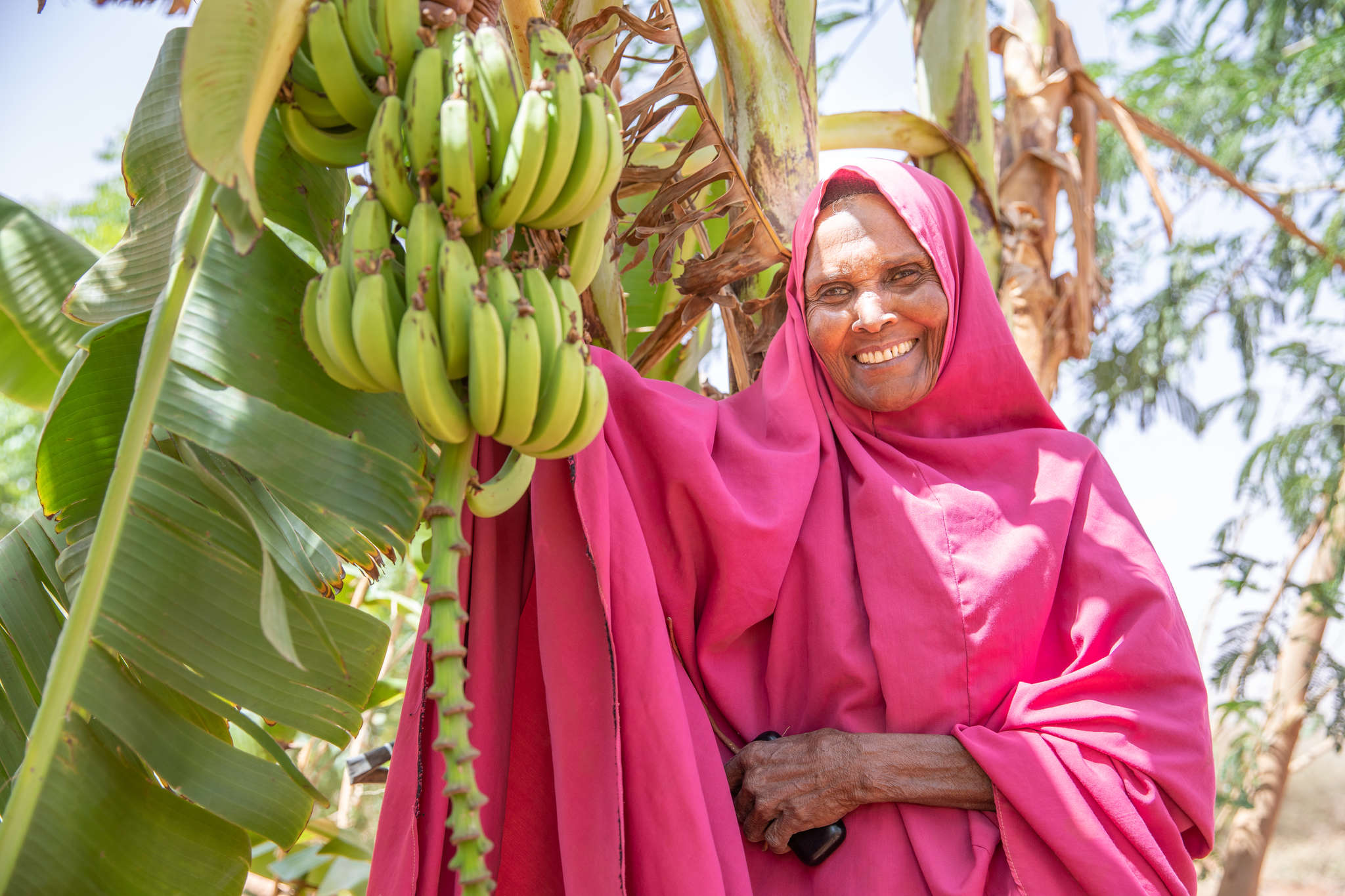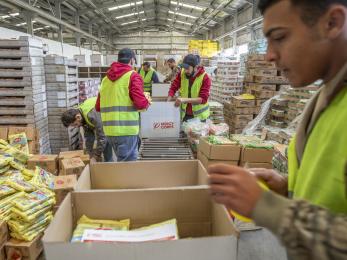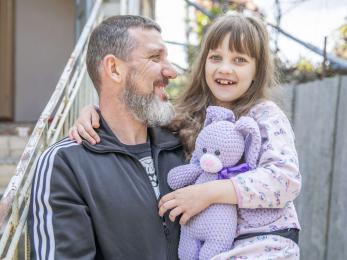Three steps for making the world a better place
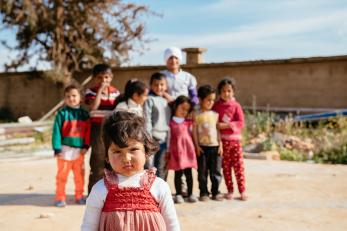
South Sudan and Syria are thousands of miles apart, but the people living in these countries share a common problem: Their lives are being uprooted because of chronic conflict.
And they are not alone; 1.5 billion people — nearly one in four — are living their lives against a backdrop of recurring violence, political instability, poverty and hunger. That’s why nearly all of global funding for humanitarian aid goes to lifesaving assistance in conflict situations that have been dragging on for over three years.
In his report for next week’s World Humanitarian Summit, UN Secretary-General Ban Ki-moon has recognized how important it is to prevent and end conflict. He has highlighted this as the “core responsibility number one” for humanity.
With nearly 60 million people forcibly displaced from their homes, Mercy Corps is making its case for rethinking how to change a broke and broken humanitarian system. Facing down conflict and tackling the root causes of violence is key to curbing the exponentially growing need for humanitarian aid.
In response to a request from the UN Secretary-General, we will present four core commitments for the Agenda for Humanity, a framework for action following the Summit.
We won’t delve into all of them here, but here are some highlights:
Prevent and end conflict
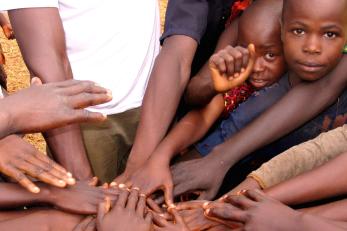
In times of crisis, we will continue to need to provide lifesaving food, water and shelter for people in need. Those are necessary parts of any emergency response.
But along with aid, we also need to invest in programs and activities that reduce conflict and promote peace between groups.
In 2014, conflict in the Central African Republic displaced 1 million people and left about 2.5 million people in need of humanitarian help. Many feared the conflict would lead to a protracted civil war or even genocide.
We worked to reduce that conflict by launching a program to help reduce retaliatory violence and build back a sense of community.
Mercy Corps partnered with local leaders in Muslim and Christian community to help them resolve arguments and conflict without violence within the communities.
We also helped increase trust between groups by creating social and economic programs that benefited both Muslim and Christian communities.
The results of the program were stunning — even to us. By August 2015, the program data showed a 532 percent increase in community members’ perceptions that conflicts were being resolved peacefully in their communities.
Of those surveyed, 96 percent reported feeling hopeful about peace in their community, and a majority of those displaced by the violence (68.8 percent) had either returned home or were willing to return.
More than 200 fighters voluntarily disarmed and joined community peace groups to help resolve tensions and build back their hometowns.
Support young people
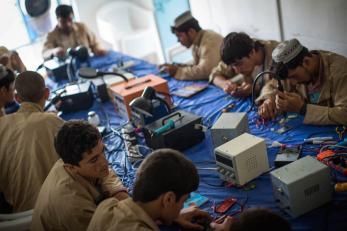
Youth are the future. It’s not just a platitude. Like so many teens and young adults around the world, young people living in Syria, South Sudan, Yemen and Nigeria have big questions about who they want to be, how they want to live and what they want to do with their lives.
There is one big difference, though: Their life choices will fundamentally influence the chances for peace and stability in the world’s most fragile places.
At Mercy Corps, we see youth living in societies plagued by chronic conflict as transformative change agents rather than demographic threats. If we can help them in the critical period of adolescence — between 10 and 19 years of age — equipping them with the life skills to make better choices and cope with challenges nonviolently, then we set them up for a lifetime.
In Afghanistan, we are investing in young people by providing job-skills training and connecting them with knowledgeable mentors, so they can create businesses, livelihoods — income — and provide for themselves.
We work with Syrian refugee children in Lebanon, Turkey, Jordan and Iraq, helping them heal from the trauma of violence and displacement and find connection through community centers, art therapy and opportunities to build their outdoor survival skills.
Go from delivering aid to ending need
Our work aims to go deeper — to do more than provide food, water and shelter. We aim to end the need for that aid by transforming people’s lives.
One way we do this is by distributing cash in times of crisis.
Cash is dignified, flexible, safe and more cost-effective to distribute than other forms of assistance. Cash also allows people to purchase what they determine they need most, while supporting local businesses — and the livelihoods of those business owners — along the way.
We did this recently in Liberia, where many small business owners struggled to keep their doors open after the Ebola crisis.
As of April 2016, Mercy Corps and its partners have provided agricultural input vouchers to 6,400 households that allowed them to purchase items such as seeds and farming equipment to keep their businesses open.
We’ve also helped 18,000 households receive cash transfers, and have the overall goal to provide 30,000 households affected by Ebola with emergency aid.
Our initial analysis of this program shows that participants have been able to buy much more food, critical in a country where one child out of three is malnourished.
The World Humanitarian Summit
Mercy Corps will be joining other international organizations, world leaders and the private sector for the first-ever World Humanitarian Summit to address a humanitarian system that is no longer capable of meeting an exponentially growing need in a world facing a confluence of displacement, crisis and fragility.
We’ll be tweeting during the Summit. Follow us at @mercycorps or click here.
